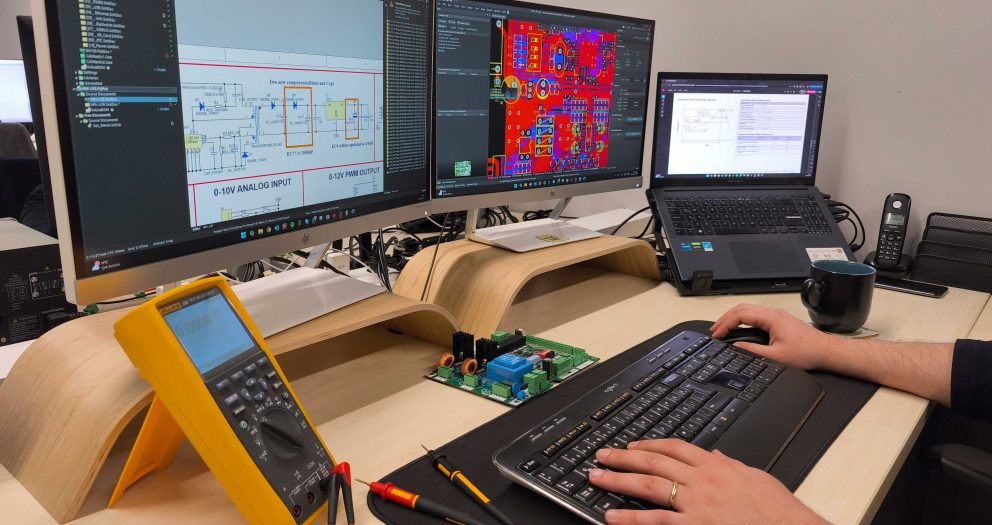Our R&D Manager, Yunus Arı, has conducted groundbreaking research aimed at enhancing energy efficiency and temperature measurement accuracy. His study, titled “Developing an Algorithm to Improve the Temperature Accuracy of Room Thermostats,” offers significant findings from both academic and industrial perspectives. Published in Mapan (Metrology Society of India), this research once again highlights Ges Teknik’s commitment to innovative solutions and technological investment.
Accurate temperature measurement by thermostats is crucial for the efficient operation of HVAC&R systems and for reducing energy consumption. Thermostats measure room temperature and automatically control the system to match the set point defined by the user, thus preventing unnecessary energy consumption. Inaccurate measurements, however, can result in unnecessary heating or cooling, leading to energy waste and reduced comfort. This makes accurate temperature measurement essential, not only for boosting energy efficiency but also for maintaining sustainable user comfort. In most applications, room temperature measurement is conducted using the internal sensors of thermostats. This study thoroughly examines the internal and external factors required to ensure reliable readings from these sensors in thermostats. It was found that these sensors may exhibit measurement errors due to internal factors, such as heat from electronic components, and external factors, such as positioning. Thus, design details, like the location of sensors on the thermostat, are crucial for accurate temperature measurement.
For the study, multiple tests were conducted on 18 Smallart T3045 Fan Coil Thermostats, all of which had the same software and hardware. Various algorithms were developed to improve measurement accuracy. Over different days and times, temperature data was recorded at regular intervals from both the thermostats and two reference probes. Based on these data, algorithms were developed to minimize the impact of internal factors, such as heat generated by electronic components, on sensor readings. Thanks to these algorithms, written in C programming language, sensors were able to provide consistent readings without being affected by electronic temperature variations. Additionally, factors causing delays in detecting temperature changes were mitigated, resulting in a system that measures room temperature more accurately and in real time.



This innovative algorithm also uses the Moving Average Filter (MAF) method to reduce fluctuations in room temperature measurements. MAF smooths real-time temperature measurement data, helping to minimize noise-related measurement errors. As a result, thermostats can provide users with a more comfortable environment while preventing unnecessary energy consumption. This approach supports energy savings while enhancing the long-term performance of thermostats.
The successful completion of this innovative project reflects the dedication of Ges Teknik’s development team. Through this valuable initiative, our company has once again demonstrated its commitment to energy efficiency and sustainable technologies. Our algorithms, which enhance temperature measurement stability, offer energy-saving solutions that increase customer satisfaction in HVAC-R systems. We extend our gratitude to Yunus Arı for his excellent work and congratulate him for his valuable contributions to the HVAC-R industry.
To access the full article published in Mapan (Metrology Society of India) and delve into the details of this study, click the link below.






